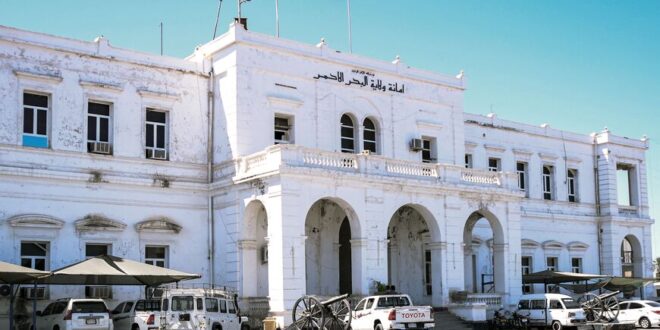The credit agency warned that the fighting had shut down the Sudanese economy and could leave multilateral development banks exposed.
The potential of a protracted conflict in Sudan has brought the country’s fragile economy to a “halt,” but it also poses a credit risk to neighboring states and multilateral development banks with high loan exposure to the African country, Moody’s Investors Service warned on Monday.
The power struggle between the Sudanese military and the influential paramilitary group the Rapid Defence Forces (RDF) turned deadly April 15-16, with the capital, Khartoum, being the flashpoint of the conflict.
Foreign embassies have closed and are evacuating their nationals as the country threatens to spiral into a full-blown civil war. More than 420 people, including 264 civilians, have been killed and over 3,700 have been injured in the fighting, according to The Associated Press. The conflict has derailed an internationally backed plan for a transition to civilian rule after the 2019 ousting of long-time dictator Omar al-Bashir.
The New York-based ratings agency was quick to warn of the economic consequences of the violence on Monday. “If the conflict descends into a prolonged civil war, destruction of social and physical infrastructure would have lasting economic consequences, weighing on MDB (multilateral development bank) asset quality in Sudan, along with overall nonperforming loans (NPLs) and liquidity,” Moody’s said in a note.
“The fighting has caused significant damage to major infrastructure in Khartoum, such as the international airport, hospitals and schools, and has forced most economic activity and government business to halt as civilians shelter in their homes,” added Moody’s.
“Any spillover to neighboring countries would trigger broader asset-quality concerns for MDBs with a higher concentration of loans in Chad, South Sudan, Ethiopia and Egypt, for example,” said Moody’s.
Moody’s said the MDBs with high Sudan exposure, including Trade and Development Bank, had loans worth $931 million in Sudan as of the end of last year, and 95% of the funds are trade finance facilities previously used to fund food and fuel imports.
The ratings agency added that the Islamic Corp. for the Development of the Private Sector had an exposure to Sudan equal to 1.3% total assets in the first quarter of 2023, but the bank had already fully provisioned and significantly marked down its credit and equity exposures.
African Development Bank (AfDB), International Development Association and Islamic Development Bank (IsDB) have exposures to Sudan of less than 1% of development-rated assets, Moody’s added.
Al-Monitor has contacted AfDB, IsDB and Trade and Development Bank for comment.
Fighting in the eastern city of Port Sudan has caused some disruption at the country’s key port, which exports oil from Sudan and neighboring South Sudan. In 2021, the two countries exported 132,000 barrels of crude oil a day. On April 21, Hellenic Shipping News reported that port operations were suspended the weekend of April 16, but the site is now fully operational.
 Eurasia Press & News
Eurasia Press & News



